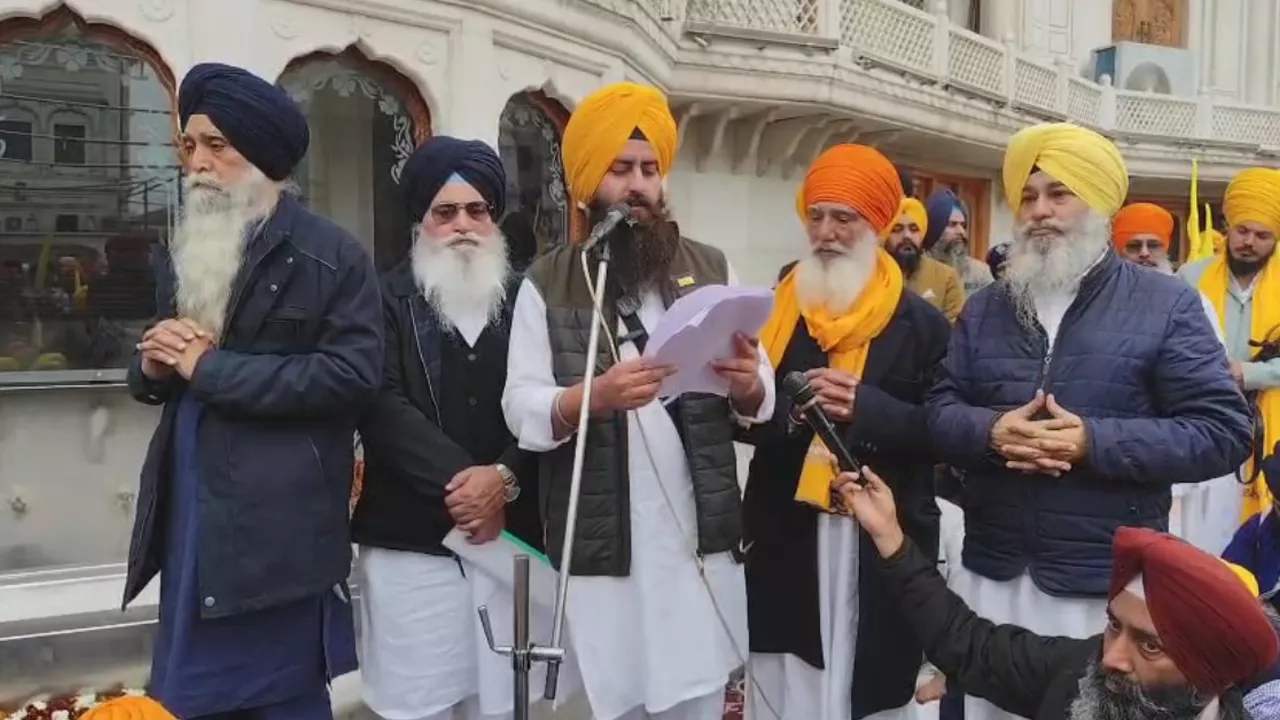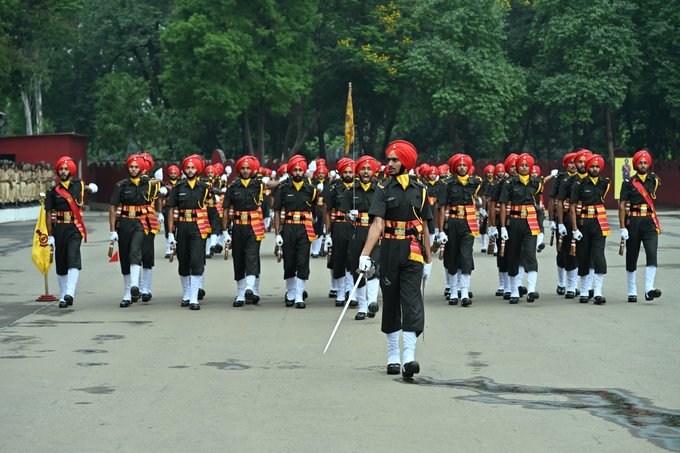While investors in Compressed BioGas (CBG) projects have committed $6M-$18M each and received approvals for their projects, the govt. has been unable to convince locals and community health experts that these projects are beneficial to them in terms of both employment and paddy straw management. Locals and farmer unions fear chemicals produced during the making of biogas would be carcinogenic. Where CBG plants were using press mud, there have been protests because of the foul smell emanating from biogas units. Until now, only 3 of the 38 allocated CBG plants have become operational. Investors like Sobhan Sahu, managing partner of Farm Gas Pvt. Ltd., whose plant in Ghungrali Rajputan near Khanna became operational in September 2022, lament that their plants have been forced to shut down by protests since June 2024. After talks with the administration, locals have issued an ultimatum to scrap the proposal by 5 Sep. Similarly, the govt. has informed the National Green Tribunal (NGT) that a state-of-the-art automated plant set up in Noorpur Bet village to process animal remains has remained non-operational for over 3 years due to protests from local villagers. The $950K plant, built under the Smart City project, is only the third of its kind in the country, with the capacity to process 150 carcasses daily into poultry feed granules without manual intervention. Despite the Punjab Pollution Control Board (PPCB) confirming the plant’s scientific design, villagers fear social stigma, land devaluation, and health risks such as foul odors and water contamination. At the core of both issues is the govt. initially riding roughshod on objections and manufacturing local consensus. Then when investment is made, protests erupt and projects fail.


Like what you're reading? Subscribe to our top stories.
Liv Forum provides a digest of analysis on major issues facing Indian (East) Panjab and Sikhs globally.
In accordance with our Privacy Policy, we will never share or sell the information of our subscribers.






